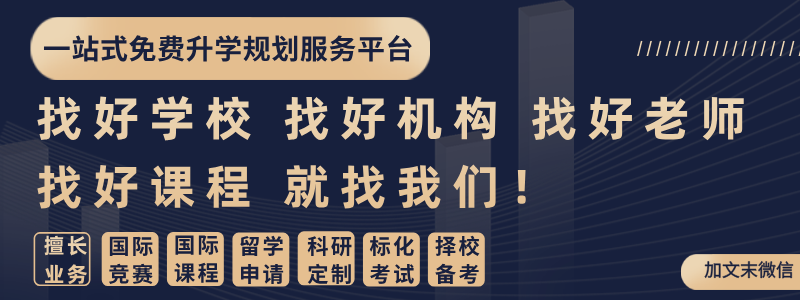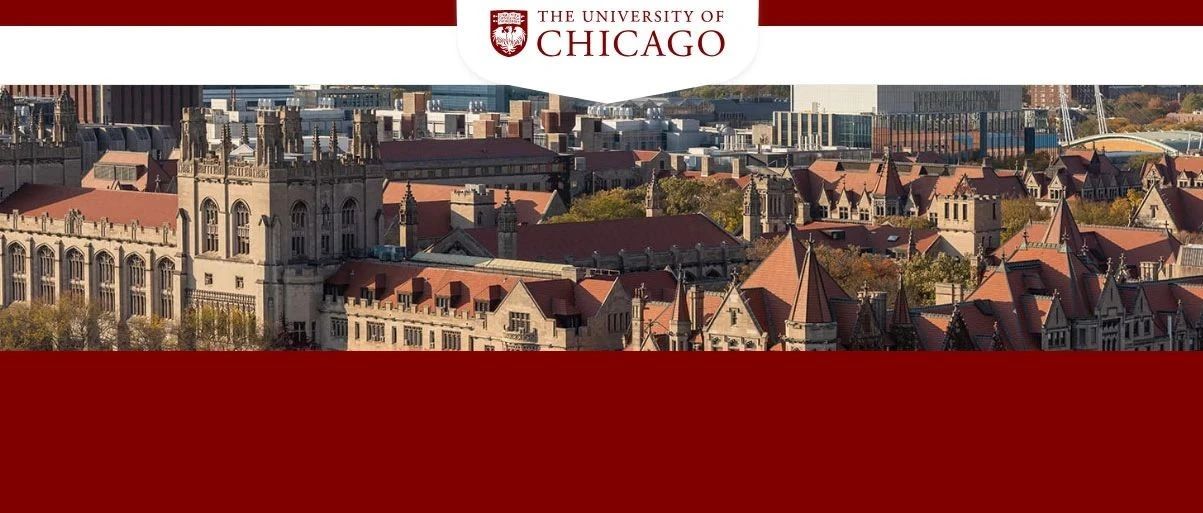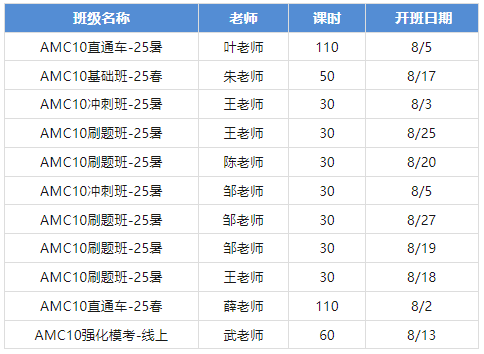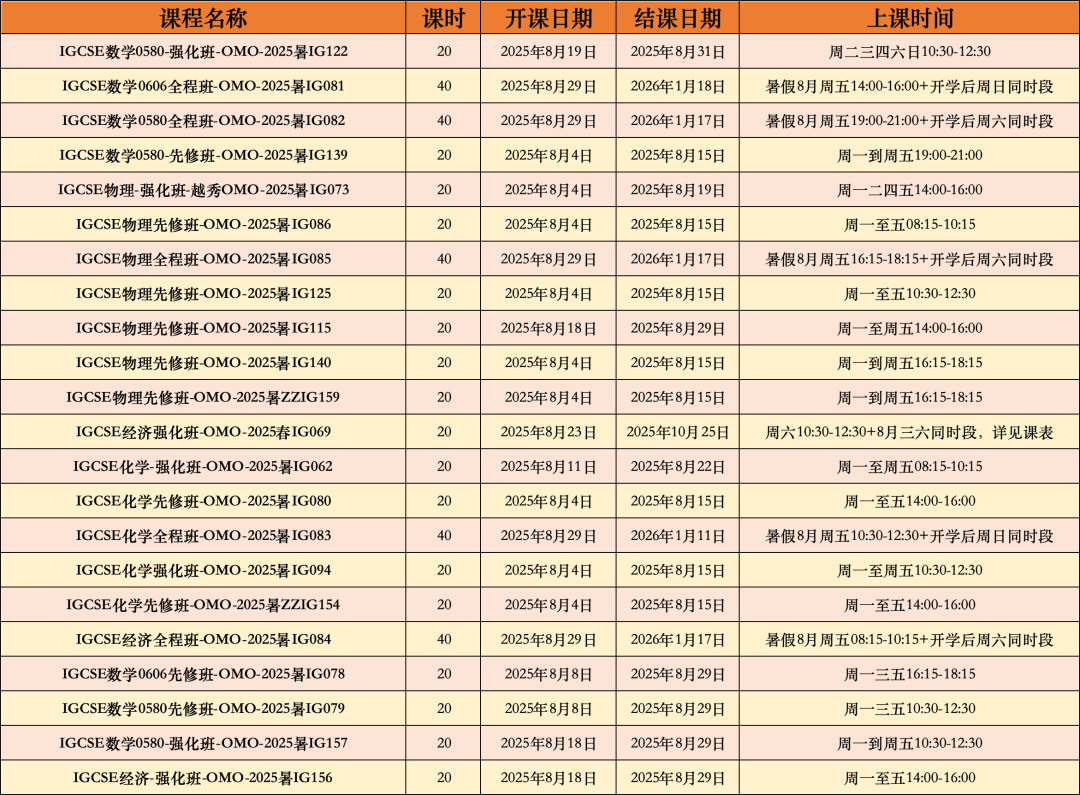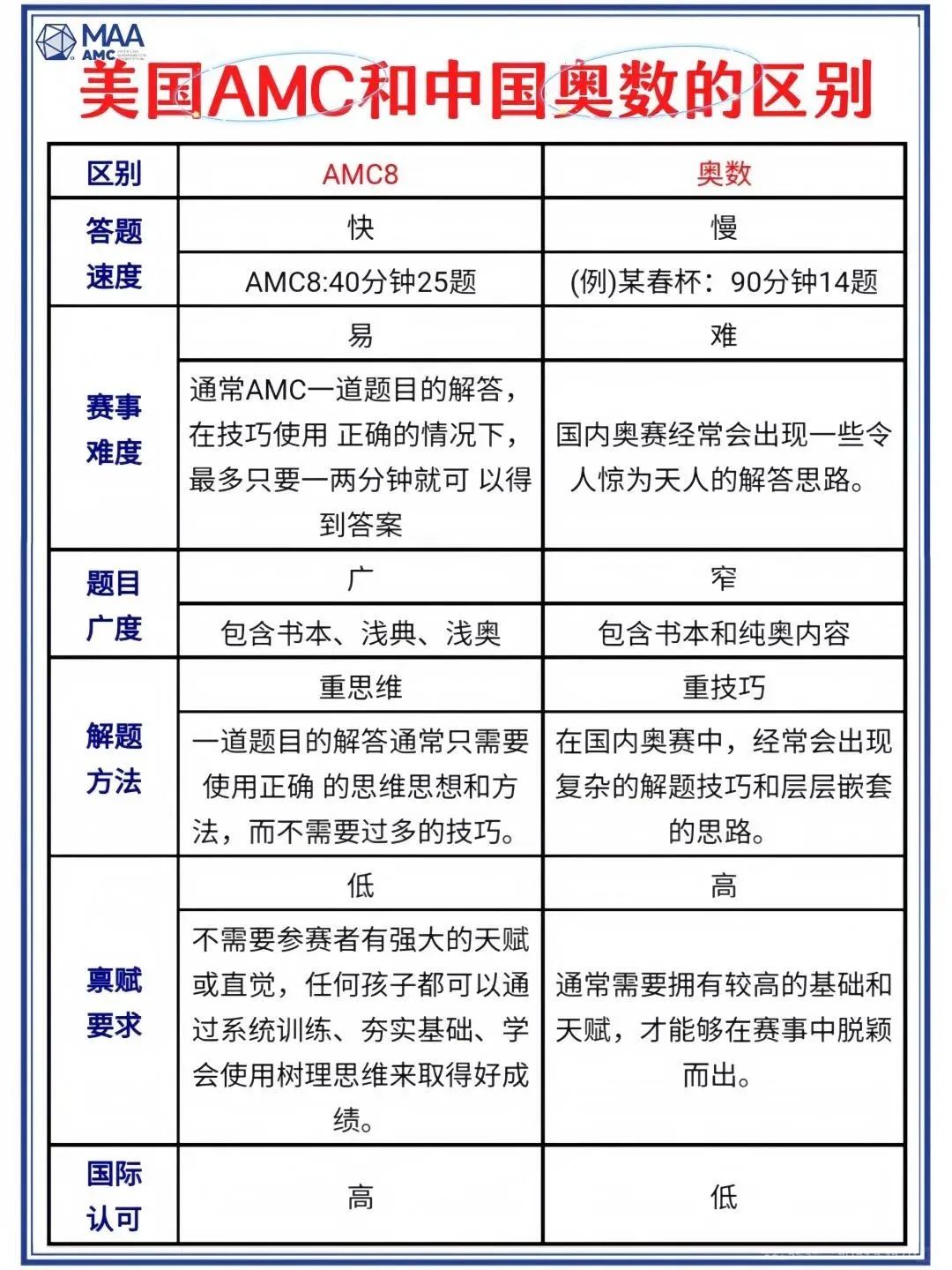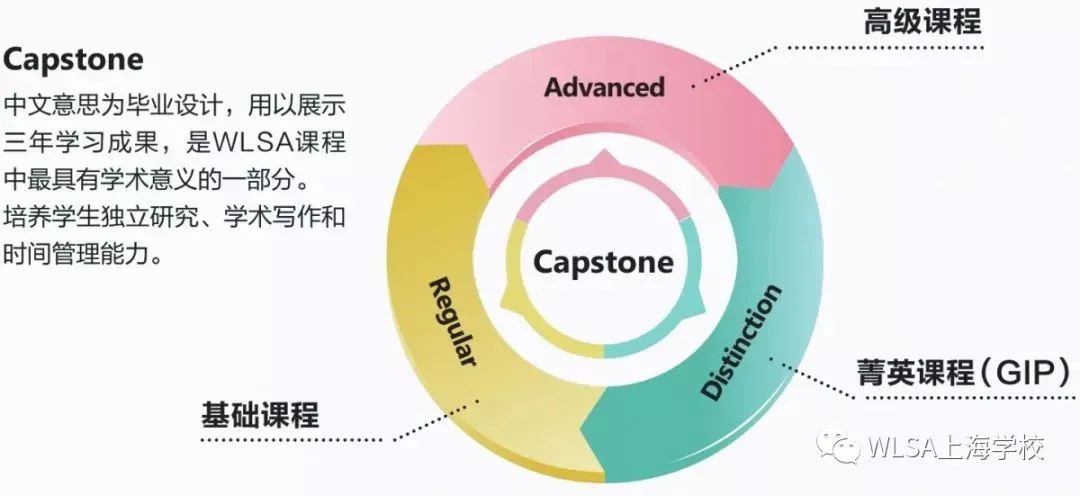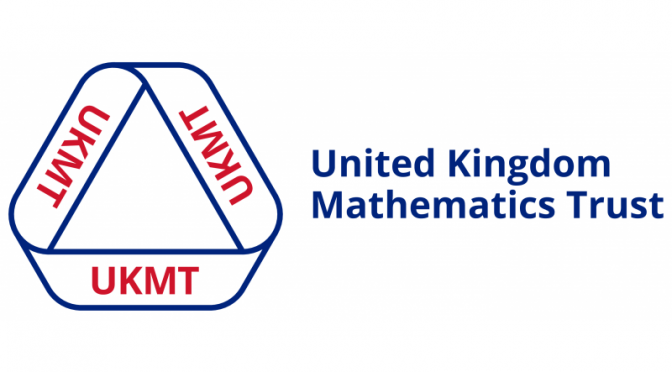本期为大家推荐洛桑联邦学院、乌得勒支大学最新2025岗位制博士项目信息。
洛桑联邦理工学院
PhD position in Magnetic Resonance Metabolic Imaging
EPFL | Center for Biomedical Imaging
APPLICATION DEADLINE:30/08/2025
Mission
We are offering a challenging position as a full-time (100%) PhD Student at Center for Biomedical Imaging at EPFL, Lausanne. Our Group is focused on the development of Magnetic Resonance Spectroscopic Imaging (MRSI) methods and their application in neuropsychiatric disorders. You will be working on the SNSF-funded project "The neurometabolic connectome: a new window on brain disease" whose goal is to break the current technical barrier and establish in vivo neurometabolic connectomics with diverse MR measurables.
Main duties and responsibilities
As a PhD Student, you will be expected to:
- Have full responsibility for your own dissertation
- Research in close collaboration with industry partners
- Experiment design and execution
- Analyze and interpret experimental results
- Write scientific articles for publication in peer-reviewed journals
- Present at international conferences
- Participate in education and supervise student projects
More specifically, within this project, you will:
- Develop advanced magnetic resonance spectroscopic imaging methods with a focus on mapping metabolites and energetics involved in synaptic transmission on a clinical 7T Terra-X human MRI scanner. Efficient under-sampling schemes, parallel imaging strategies, and cutting-edge reconstruction methods will be incorporated for reaching the highest spatial and temporal resolution needed in neurometabolic connectivity.
- The developed neurometabolic connectome in combination with other imaging modalities will be applied in healthy subjects and patients with psychosis, and to establish potential characteristic connectivity fingerprints for patient stratification.
Profile
- A MSc degree in the fields of physics, mathematics, biomedical engineering, life science or related disciplines in neuroimaging.
- Excellent programming skills in C/C++, Python or MATLAB are required.
- Knowledge in MR physics or previous experience in MR sequence programming, data acquisition and processing is a plus.
- Good communication skills and willingness to work as part of a team
- Enthusiasm, scientific curiosity, eager to learn, good organizational skills, rigor in experimental work
- High level of motivation for academic research work
- Fluency in English is essential [French would be an asset]
We offer
- 4 years to complete your PhD with a competitive remuneration
- You will be part of the EDEE, EDPY or EDBB doctoral program
- An opportunity to develop a scientific career in Biomedical Imaging
- A world-class research and training environment with access to state-of-the-art research facilities
- A multi-cultural and stimulating work environment
- A 1-year fixed-term contract (CDD), renewable for 4 years
Informations
The selection process involves multiple stages, and short-listed candidates will be requested to apply to a specific EPFL Doctoral Program to qualify for a PhD at EPFL, i.e. EDEE, EDBB or EDPY.Please check this page for additional information on admission.
Please note that this is a separate application process necessary to be eligible to complete your PhD at EPFL.
Your application should contain:
- A motivation Letter
- Your detailed CV
- Contact information
- The names and contact information of 3 references willing to write a recommendation letter
Application deadline: 30/08/2025
Contract Start Date: Nov. 1, 2025
Activity Rate : 100.00
Contract Type: CDD
Reference: 1639
For more information, please contact: lijing.xin@epfl.ch
乌得勒支大学
PhD position in Human-Centered AI for Accessibility
Utrecht University | Department of Information and Computing Sciences
APPLICATION DEADLINE: 28 August 2025
This PhD position is part of the NWO-funded research project TACIT (Inclusive Technologies for Access and Social Participation). The project focuses on the co-design of inclusive and accessible AI and XR technologies for people with disabilities through inclusive Human-Computer Interaction (HCI) and participatory design methods.
Your job
Around 25% of the Dutch population lives with long-term visual, hearing, or cognitive disabilities and diversities, often facing barriers to participation, equity and inclusion. The European Accessibility Act (EAA), which mandates that EU service providers ensure digital accessibility by 2025, marks a critical step toward reducing these inequalities. However, technology that is not co-designed with affected communities often lacks social acceptance and fails to meet real needs. TACIT aims to enhance the accessibility of public services, accelerate the adoption of the EAA, drive innovation in assistive technologies, and promote broader societal inclusion through equitable, inclusive, and human-centered design.
In this PhD position, you will work on personalization – automatically adapting technology to user needs and context. You will explore adaptive technologies to make digital services accessible for individuals with diverse disabilities, including visual, hearing, cognitive, and developmental challenges. This involves collaborating with other PhD candidates and researchers who work on enabling technologies (e.g., AI-based information conversion technology such as automated image/audio description). You will investigate the needs and wishes of stakeholders, and design, prototype, and evaluate an adaptive information presentation engine through qualitative and quantitative studies. The research is conducted in close collaboration with the Royal Auris Group (Auris), a Dutch centre of expertise for individuals with hearing and communication difficulties, to support children with developmental language disorders (DLD). You will work closely with Auris throughout the project.
Your qualities
We are excited to welcome an enthusiastic new colleague who thrives in an interdisciplinary and international team and meets the following criteria:
- A recently completed (or nearly completed) Master's degree in Human-Computer Interaction, Artificial Intelligence, Cognitive Science, or a related discipline.
- Knowledge of and preferably demonstrated experience with human-centred artificial intelligence.
- Demonstrated experience in prototype development and with quantitative and qualitative research methods, preferably also experience with user-centred design.
- Interest in accessibility and working with people with disabilities.
- Fluency in spoken and written English (C1 level), and preferably also fluency in Dutch to facilitate effective collaboration with Dutch partners and stakeholders.
Apply now
As Utrecht University, we want to be a homefor everyone. We value staff with diverse backgrounds, perspectives and identities, including cultural, religious or ethnic background, gender, sexual orientation, disability or age. We strive to create a safe and inclusive environment in which everyone can flourish and contribute.
If you are enthusiastic about this position, just apply via the "Apply now" button! Please enclose:
- your letter of motivation, in which you explain your interest in this position and how your goals, experience and skills fit this project;
- your Curriculum Vitae;
- scans of BSc and/or MSc certificates (incl. grade list), with translation if not in Dutch or English;
- Optional: the names and email addresses of at least two references (these can also be provided in a later stage of the selection process);
- Optional: a portfolio of your work related to this position (e.g., a personal website).


